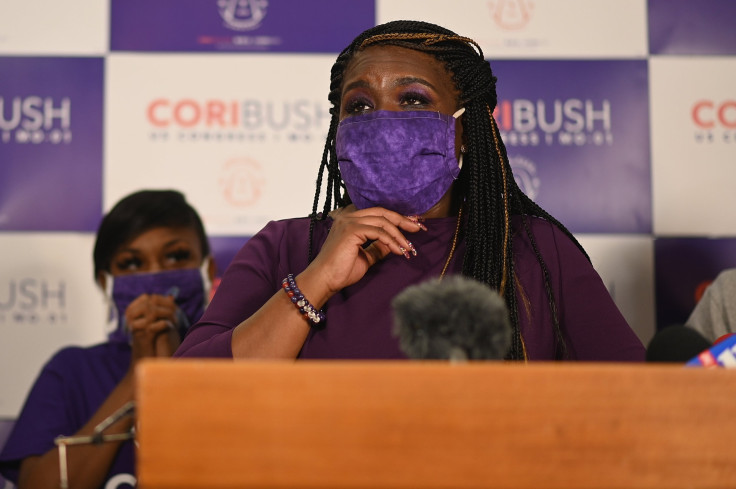Primary Roundup: Cori Bush, Roger Marshall, Rashida Tlaib Win

Five states held primaries Tuesday, yielding both expected and surprising results. Some of the races have received significant national attention because of particular candidates that are seeking election.
Progressive Cori Bush scored a major upset in Missouri's 1st District featured, defeating longtime Rep. William Lacy Clay in the Democratic House primary. Bush, 44, was unsuccessful in her attempt to beat Clay two years ago. Her more liberal politics gave her an edge Tuesday with nearly 49% of the vote on the same day that Missouri voted to expand Medicaid eligibility.
Clay received 45.5% of the vote, according to The Associated Press, after holding the seat since 2001.
A nurse and Black Lives Matter activist, Bush is aiming to become the first Black woman to represent Missouri in Congress.
Former Secretary of State of Kansas Kris Kobach won’t win a state senate seat after a decided loss in Tuesday’s primary. Rep. Roger Marshall defeated the controversial candidate with 40.3% of the vote and has eyes on the seat that is being vacated by Sen. Pat Roberts.
Kobach, who received 26.3% of the vote, has been a staunch supporter of President Trump’s policies with hardline immigration views. Kobach lost the 2018 governor’s race and was considered an unlikely candidate to defeat Democrat Barbara Bollier in November’s general election.
In Michigan, Rep. Rashida Tlaib staved off a defeat from Brenda Jones in the 13th Congressional District Democratic Primary, according to The AP. Tlaib defeated Jones by about 900 votes in 2018. Tlaib became one of the first Muslim women elected to House two years ago.
“My community responded last night and said our Squad is big,” Tlaib tweeted. “It includes all who believe we must show up for each other and prioritize people over profits. It’s here to stay, and it’s only getting bigger.”
Talib had received two-thirds of the vote Wednesday morning when 87% of the ballots were counted.
© Copyright IBTimes 2025. All rights reserved.






















